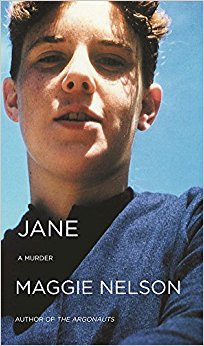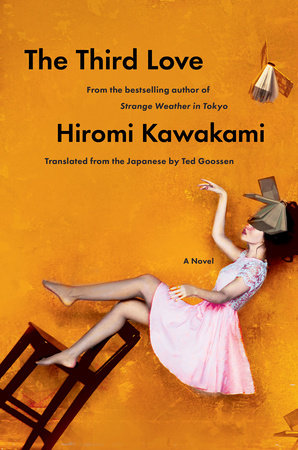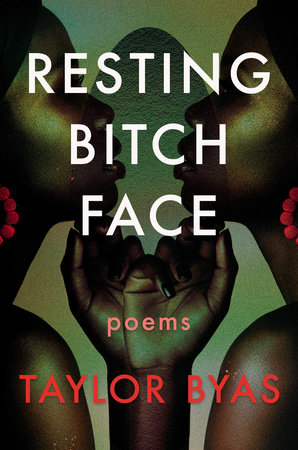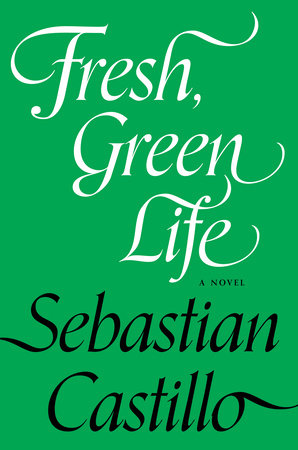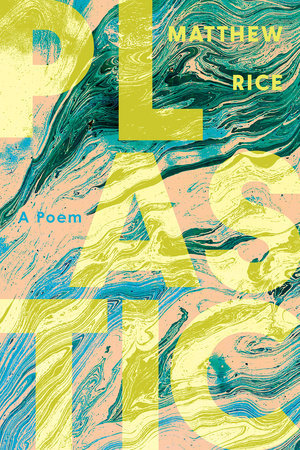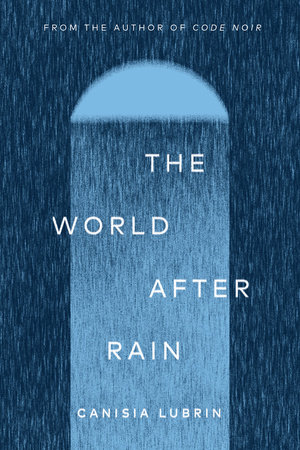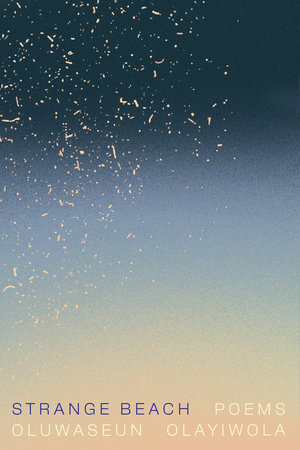
Book Description
A debut poetry collection wrangling the various selves we hold and perform—across oceans and within relationships—told through a queer, Nigerian-American lens
At times surreal, at times philosophical, the poems of Strange Beach demarcate a fiercely interior voice inside of queer Black masculinity. Oluwaseun’s speakers—usually, but not specified, as two men—move between watery landscapes, snowy terrains, and domestic conflicts. Each poem proceeds by way of music and melody, allowing themes of masculinity, sex, parental relations, death, and love to conspire within a voice that prioritizes intimate address.
In announcing their acquisition of the UK edition, after a three-way auction, Strange Beach was described as “a wrangling of the various selves we hold and perform – across oceans and within relationships – through a highly patterned and textual lyrical play: it is a deeply moving and philosophical tapestry.”
Strange Beach often eschews meaning, preferring, in its deluge of images and emotions, to transmute messages straight to the mind to the reader. Oluwaseun’s poetic influences are clear: Claudia Rankine, Jorie Graham, Louise Gluck, Carl Phillips, Kevin Young, Hannah Sullivan, John Ashberry, and Ocean Vuong. Strange Beach is a searching collection where land and water, body and mind, image and abstraction, are in productive tension, leading to third ways of considering intimacy, selfhood, and desire.
Praise For This Book
The Guardian, A Best Book of PoetryDebutiful, A Best Debut Book of the Year
LGBTQ Reads, A Must-Read Book of January
"Evocative and daring, an uneasy dance between the sand and the sea, Strange Beach is an ever-transforming shore, a space of encounter between bodies and meaning, between history and the new." —Kurt Milberger, The Headlight Review
“Olayiwola’s poems made me stop and catch my breath. He writes without fear, inviting readers to experience raw emotions and unspoken truths. Strange Beach was profoundly moving.” —Adam Vitcavage, Debutiful
“Stunning . . . Olayiwola ignites language’s kinetic energy, transforming it into an intimate choreography that is at once silent and explosive, severing time from its mournful longings for pasts and futures.” —Nathan Osorio, The Rumpus
“Powerful, contemplative . . . This alluring collection charts an intimate and moving encounter with Black identity.” —Publishers Weekly (starred review)
"In this exciting debut, the tideline of the poetic phrase is constantly shifting, is forever rebuilt and remade on the sands of language, every grain of a word held up to the light to consider its myriad refractions." -—Andrew McMillan, author of Pity
"What do we mean when we read a book and feel that we trust the writer? What I mean when I say that I trust Oluwaseun Olayiwola is that the poems in Strange Beach are as sure in their storytelling as centuries-old myths. These poems explain the world to me, rebuild it in front of my eyes with polysensory images that don’t stop moving. And so I stand in the middle of Olayiwola’s violent universe—where the sun’s arms are broken, where the corpses of sunflowers litter the fields, where 'snow is a skin. Inside it, / violence…'—and watch this incredible journey of survival. This world is like an ocean, erasing Olayiwola’s name from the sand with each approach; these poems are Olayiwola’s finger, rewriting his name again and again whenever the tide recedes." —Taylor Byas, author of I Done Clicked My Heels Three Times, winner of the Maya Angelou Book Award
"It’s hard to believe Oluwaseun Olayiwola’s Strange Beach is a debut collection. The poems in this gorgeous and deft book about the queer body, race, family and coming-of-age, seem to toggle between identities, between not knowing and wanting to know, between remaining on shore and being washed over. I love how the poems immerse themselves in lush and abstract diction, then suddenly we are confronted with an aphoristic truism as unclear as it is clear, such as 'Immeasurable beauty / is immeasurable precisely / until it’s gone' or 'The sky is a masculinity.' Strange Beach is intimate, capacious, present, and absent, and always consistently brilliant." —Victoria Chang, author of With My Back to the World
"These hypnotic poems revere the lawlessness of the queer body—where land and flesh become indiscernible, shapeshifting between immeasurable sky, erect city, and unspoilable black shine. Oluwaseun casts light on how we love—illuminating the soul’s floundering for permanence, the rescuing nature of grief and the costs of visibility for all of us. Artfully rejecting the white reader as the default or standard, the shorelines of self are reshaped by freedom, desire, and memory. Seun’s erotic and meditative work dares us to touch the ocean floor and emerge transformed, undone by our strange aliveness." —Sanah Ahsan, author of I cannot be good until you say it









